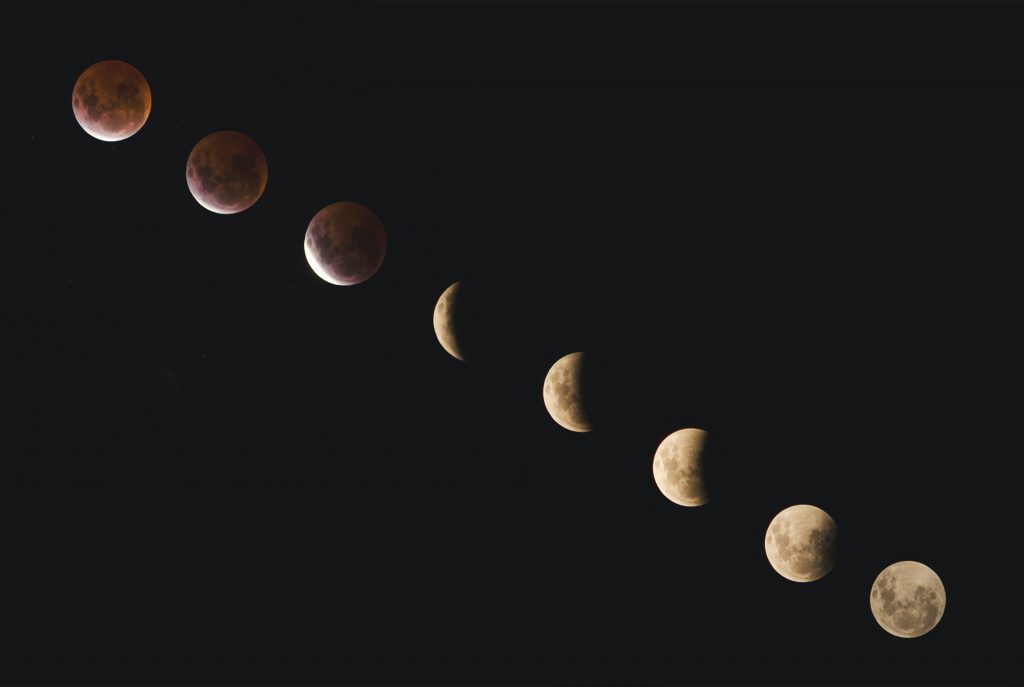At some point during the end of January, I found it hard to fall asleep after tucking myself to bed.
Sleepless nights aren’t a new thing for me, but this felt disconcerting as I had been maintaining a pretty reasonable sleep schedule over the past few weeks. In doing research about it, I found out about the long-standing debate on whether or not the full moon affects our sleeping patterns.
Since my bout of sleeplessness happened during a full moon, I had to figure out: Is the full moon to blame for my sleepless nights or was it just coincidence?
Our relationship with the moon
The connection between humans and the lunar phases has been the subject of numerous folklore and early medicine. In the 16th century, physicians tracked the moon’s positions and determined how these affected their patients.
“The waxing phases of the Moon were thought to enhance the benefits of bloodletting. In contrast, the Full Moon was thought to intensify a patient’s fever,” Royal Observatory Greenwich curator Louise Devoy explained. “Similarly, apothecaries created herbal remedies using watery plants that were thought to be influenced by the Moon.”

Myths and folklore, meanwhile, associate the moon with behavior linked to mental health issues. Philosophers like Aristotle and Pliny the Elder suggested that the full moon doesn’t just affect the tides; it influences our brains and triggers strange behavior in human beings, too.
Although modern science has since disproven the negative connection between the moon and our mental health, scientists point out that the folklore may have been true at some point. Research by psychiatrist Charles L. Raison suggests that the full moon may have deprived people who lived outside of sleep—a disruption that may have led to mood swings or erratic behavior.
What does science say?
If you’re feeling skeptical about the connection between the moon phases and our sleep patterns, you’re not alone. Over the past few years, scientists have conducted a number of studies to answer this question—the most recent of which was published in Science Advances earlier this year.
In this study, scientists tracked the sleep patterns of nearly a hundred members of the indigenous Toba/Qom community in Formosa, Argentina—a community with little or no access to electricity. This was then compared to sleep data collected from over 400 Seattle students, where they found similar sleeping patterns.
The scientists found that, on average, participants took 30 minutes longer to get to bed and slept 50 minutes less. Although both urban and rural communities had similar sleeping patterns, it doesn’t answer why we end up sleeping less during full moons.
“The fact that this modulation was present even in communities with full access to electric light suggests that these effects are mediated by something other than moonlight itself,” said Leandro Casiraghi, a postdoctoral scholar at the University of Washington.
Despite this, the study has helped scientists pose a few theories. The waxing moon rising in late afternoon or early evening potentially exposes people to extra light.
“It turns out that the nights that precede the full moon are the nights that have more moonlight availability on the first half of the night,” says Horacio de la Iglesia, professor at the University of Washington’s biology department. “So if you are awake, you will be kept awake by this availability of moonlight during the evening.”